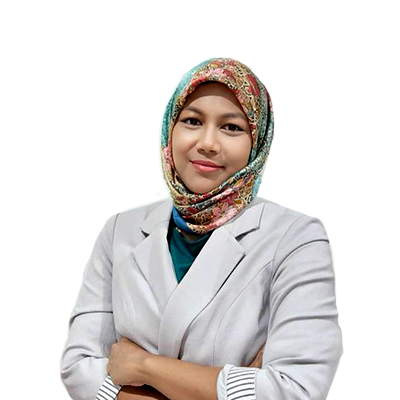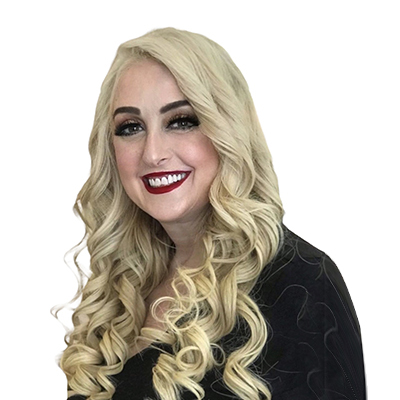Child Psychology & Counseling
When do I consider professional help for my child?
Children and adolescents may benefit from psychotherapy for a range of reasons and not necessarily because there is a concern. They may benefit from talking with someone outside the family for a different perspective and to become the best versions of themselves. The early you seek intervention for your child or adolescent the more quickly it can be resolved.
Our Clinicians
The following can serve as indicators for your child/adolescent to seek
the help of a professional. If the child/adolescent is:
- Experiencing problems that impact negatively on family relationships, friendships, schooling or engagement in extra-curricular activities
- Expressing feeling bad about themselves, feeling less confident or feeling they are no good at doing things
- Seeming worried or looking stressed a lot of the time
- Feeling like there is no point to things or are expressing hopelessness
- Spending more time in their room, seeing their friends less or not wanting to do their normal activities
- Exhibiting a noticeable change in their sleep or eating
- Irritable or angry more frequently and/or there is an increase in difficult behaviour
- Talking about or engaging in hurting themselves
- Saying things like, “I hate my life”, “I wish I wasn’t here,” or “You would be better off without me”
What do I keep in mind before bringing my child for therapy?
It is normal for parents to feel unsure and have several questions as they consider professional help for their child/adolescent. Children may even feel nervous to attend. You know your child best and will have some idea of how best to approach the subject with them.
Here are some tips which you might find useful while talking to your child about professional help:
Explain simply and honestly what is happening and why
For a younger child you might say something like: “I know you have had lots of worries lately. Sometimes when we worry a lot it can help to see someone whose job it is to help us understand our worries, so we feel better. We are going to see someone whose job it is to help children with their worries. Their name is… and they are lovely”.
For adolescents you could try: “I know you have been feeling really sad lately. I think it would help to see someone who can help you understand and manage this. Together with your adolescent, explore options of someone who could be a good fit and let them choose.

Validate your child’s concerns
Tell them “I can understand you are feeling nervous about attending. It is normal to feel nervous when we are doing something/meeting someone new. I will be with you.” Tell your child they will not be forced to talk or answer questions if they don’t want to. Tell them you will come into the appointment with them. You may choose to tell your child there will be toys to play with, or if they are older, a selection of art materials or games to choose from.
Give your child sufficient notice so they can process what is happening
For younger children, 1-2 days is recommended. Teenagers might need more time to process this and feel ready to attend, for example 5-7 days. If your child has been asking to see a therapist, tell them as soon as you have made the appointment. Show them our website, and if possible, a photo of the Clinician they will be seeing. This might help to alleviate any fear of the unknown and give them a sense of what to expect.
Who should attend the first session?
Families are usually seen together at the first appointment. In many instances, the child or adolescent may be accompanied by one parent, however in some cases both parents and/or other family members may also attend.
What happens during the first visit?
Before meeting your child’s Clinician, you may have a brief phone conversation to ask any questions you may have. During the first appointment, your Clinician will explain the process. The Clinician may spend the first 10 mins of the session with the parents to understand the child’s concerns better. The rest of the time would be spent between the Clinician and the child. The initial consultation session will conclude with a brief discussion between the Clinician, parents and child about the care plan.
How do I support my child to receive the best from therapy?
Parents are an important part of the therapy process when we work with children of all developmental stages. The format of parents’ inclusion in the therapy process will vary according to the individual needs of the child. Very often Clinicians work alongside parents to help them better understand the child’s inner world and how best they can support the child at home to implement the goals set during therapy.
Cases we see
We see a wide range of cases, for example, but not limited to:
- Anxiety and persistent worry
- Attention related concerns
- Anger and Aggression
- Behavioural Issues
- Bed-wetting
- Bullying
- Conduct issues
- Depression and Sadness
- Dyslexia Screening
- Eating disorders
- Emotional regulation difficulties
- Gifted and Talented
- Grief and Loss
- Identity and Personality Development
- Learning Difficulties
- Mood concerns
- Night terrors
- Obsessions and compulsions
- Parent-child relationship concerns
- Perfectionism
- Phobias
- Separation Anxiety
- Social Skill Difficulties
- Self-esteem Issues
- Selective Mutism
- Sleep difficulties
- School Anxiety & School Refusal Significant Life Transitions- divorced parents, death of a loved one, shifting from one school year to another, relocating to another country, changing schools, graduating from school to University or from University to work
- Trauma
- Tic Disorders
Therapy modalities
- Acceptance and Commitment Therapy
- Attachment Focused Therapy
- Cognitive Behaviour Therapy
- Emotion Focused Therapy
- Exposure Response Prevention Therapy
- Dialectical Behaviour Therapy
- Habit Reversal Training
- Trauma Focused CBT
- Family Based Therapy
- Parent skills training
- Psycho-educational assessments

Process
When you call the clinic, you will be offered an appointment time for an initial consultation. The initial consultation is the first appointment and will last 50 to 60 minutes. This is an opportunity for the clinician to start to get to know more about you and identifying what the fundamental difficulties are. We then take a collaborative approach to developing a care plan with the support of the multi-disciplinary team. We are here to support you, will talk you through the best care plan available and ensure you are informed, comfortable, and at ease with all your options.





